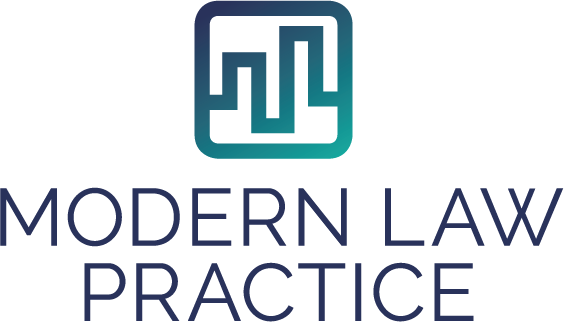Technology can replace much of what we value as lawyers. Technology can draft documents and answer questions, and very soon, it will be able to provide legal analysis. Technology is already beginning to predict legal outcomes in cases based on assigned judges, and tech is conducting legal research.
So will technology kill the law office? The short answer is no, but it will change things. Technology cannot offer empathy or customer service. Customer service, empathy, and emotion are what will protect lawyers from becoming obsolete in the invasion of technological superintelligence.
Technology cannot give people experience, contacts, counsel, or a reputation. Technology cannot offer peace of mind. Technology can only take information and package it.
A basic, and often unmet, human need is the need to be understood. Some psychologists are writing that the need to be understood may be even greater than the need to be loved, and it can be a the root of depression, isolation, and loneliness. Technology cannot make someone feel understood. But you can. Regardless of who your customer is or what area of law you practice, with a few tips and a lot of practice, you can ensure that your customers feel understood. If you can master this, you have mastered customer service. You can use the information your customers give you to design an unstoppable practice.
Ensuring that your clients feel understood starts with listening and asking the right questions. First, you must give your clients undivided attention. This is so hard. Put away the computer, put away the phone, try to refrain from taking notes (check out the new technology that will listen to your meetings and turn it into notes like Clarke.ai). You cannot be truly present while perusing email or monitoring your texts or Instagram notifications.
Next, remove judgment and legal analysis. When listening to your clients, try to turn off your lawyer brain and all that training we spent good money for. Our clients are telling us what is important to them. It may not fit into a nice box of a well-defined legal issue, but it is important to them. Not only will removing judgment help you to better understand your clients, you may also pick up tidbits of information that can help you solve their problem in creative, outside-the-box ways. Do not minimalize your clients’ feelings or judge their actions. I’m not suggesting that you support all their decisions, but refrain from expressing judgment. It’s not our place. It’s not our role. They are not our friends or our children.
Additionally, pay attention to the emotions behind the words. Most communication is non-verbal, so study the body language and facial expressions of your clients. Try to do so with a neutral face. You are interested, not in support or opposition to what they are telling you.
Another tip is to use silence to your advantage. Take time to think about your response. Do not feel you need to respond immediately to their statements. Ask clarifying questions. Make sure that you have understood your clients thoroughly before you offer any legal analysis or suggest a path ahead. Wait until you hear the words “exactly” or “that is just how I felt” or, for the younger crowd, “totally.”
Then, after you have ensured you understand your clients’ perspective, you will have built a massive amount of goodwill and trust. Once I feel fully understood, then I trust the response and analysis you provide will be based on what I have told you. If you understand the dynamic between the parties, you can better craft a solution or suggestion that meets their needs. You will not be limited to the toolbox within the legal system.


